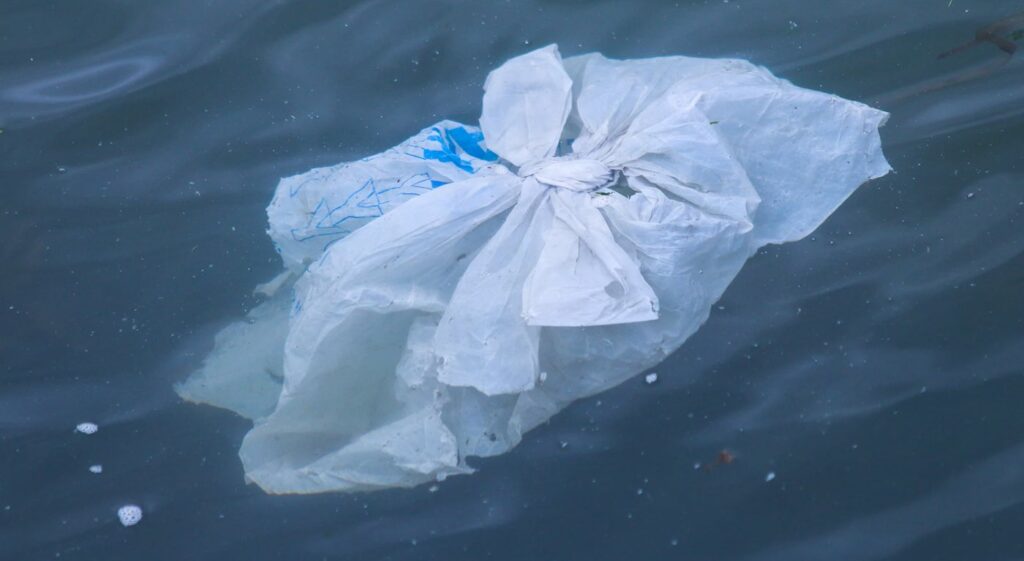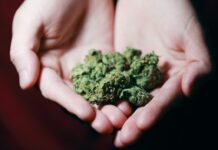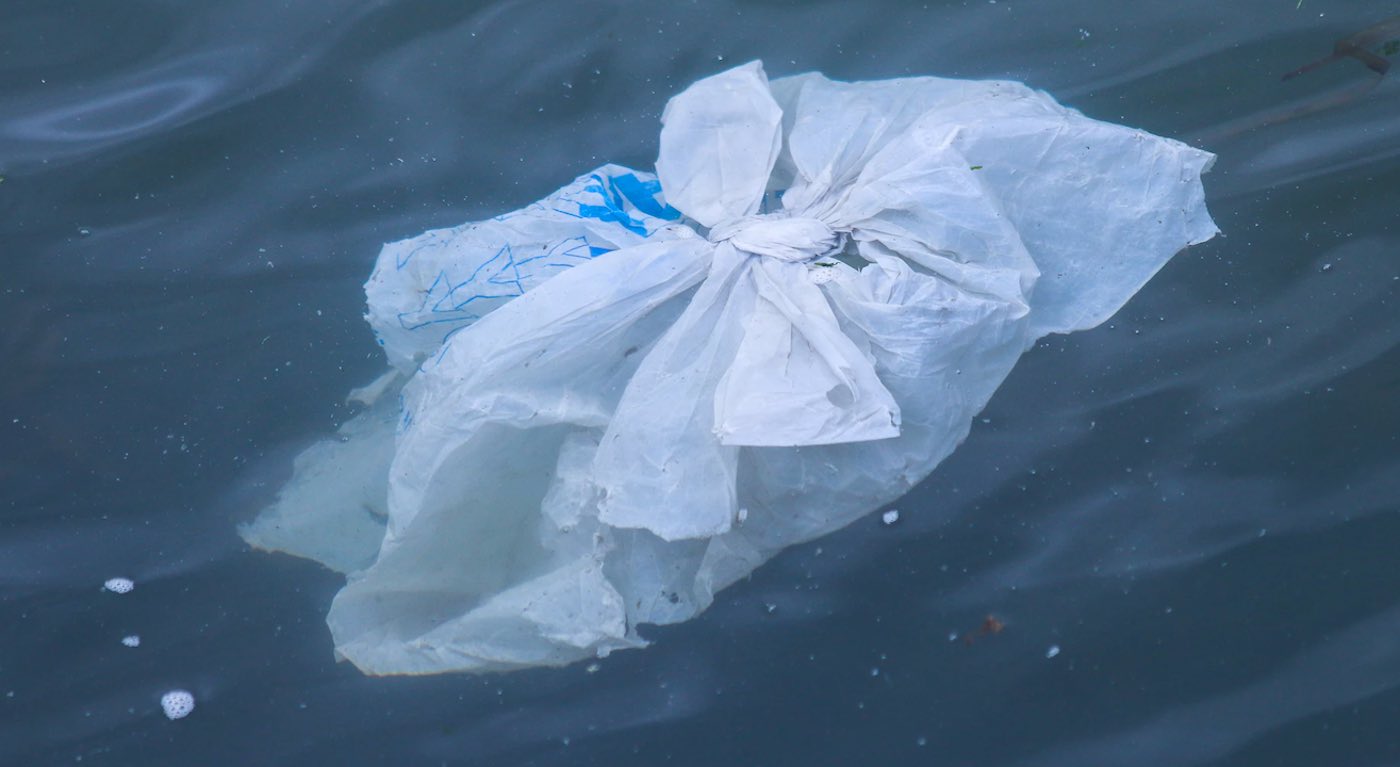Plastic is polluting our rivers, lakes, and oceans, harming wildlife, and generating microplastics in the water we use and drink. That’s why the Canadian government is promising to ban single-use plastics in 2021.

Every year, Canadians throw away 3 million tonnes of plastic waste, only 9% of which is recycled, meaning the vast majority of plastics end up in landfills and about 29,000 tonnes finds its way into our natural environment.
CHECK OUT: Company in Canada Collects 80% of City’s Recyclable Plastics and Turns It All into Lumber
On October 7, Canada’s Minister of Environment and Climate Change, Jonathan Wilkinson, announced the next steps in the government’s plan to achieve zero plastic waste by 2030. The plan, he says, will protect wildlife and waters, reduce greenhouse gas emissions, and create jobs.
A key part of the announcement is a ban on harmful single-use plastic items where there is evidence that they are found in the environment, are often not recycled, and have readily available alternatives.
MORE: Canadian Government Buys Hotels to House Homeless People—And Also Rehire Workers
Based on those criteria, the six items the government proposes to ban are plastic checkout bags, straws, stir sticks, six-pack rings, cutlery, and food ware made from hard-to-recycle plastics.
This list of items was published last week in the discussion paper Proposed Integrated Management Approach to Plastic Products to Prevent Waste and Pollution.
This plan also proposes improvements to recover and recycle plastic, so it stays in the economy and out of the environment.
The Canadian government is also proposing to establish recycled content requirements in products and packaging.
This, they say, will drive investment in recycling infrastructure and spur innovation in technology and product design to extend the life of plastic materials.
Together, all federal, provincial, and territorial governments have agreed to the Canada-wide Strategy on Zero Plastic Waste that lays out a vision for a circular economy for plastics, as well as a two-phase action plan that is being jointly implemented. That sounds like good news for the environment, and all our futures.
SHARE The Good News With Your Friends On Social Media…




















